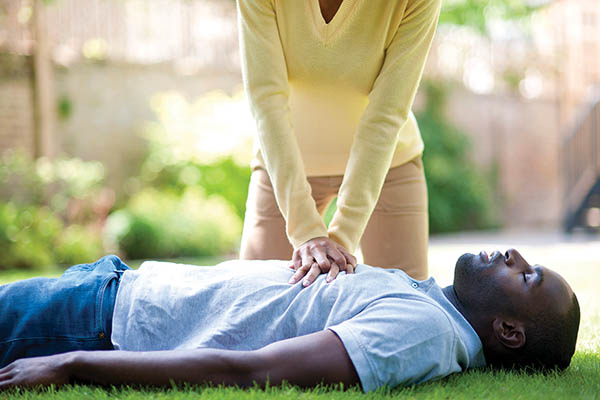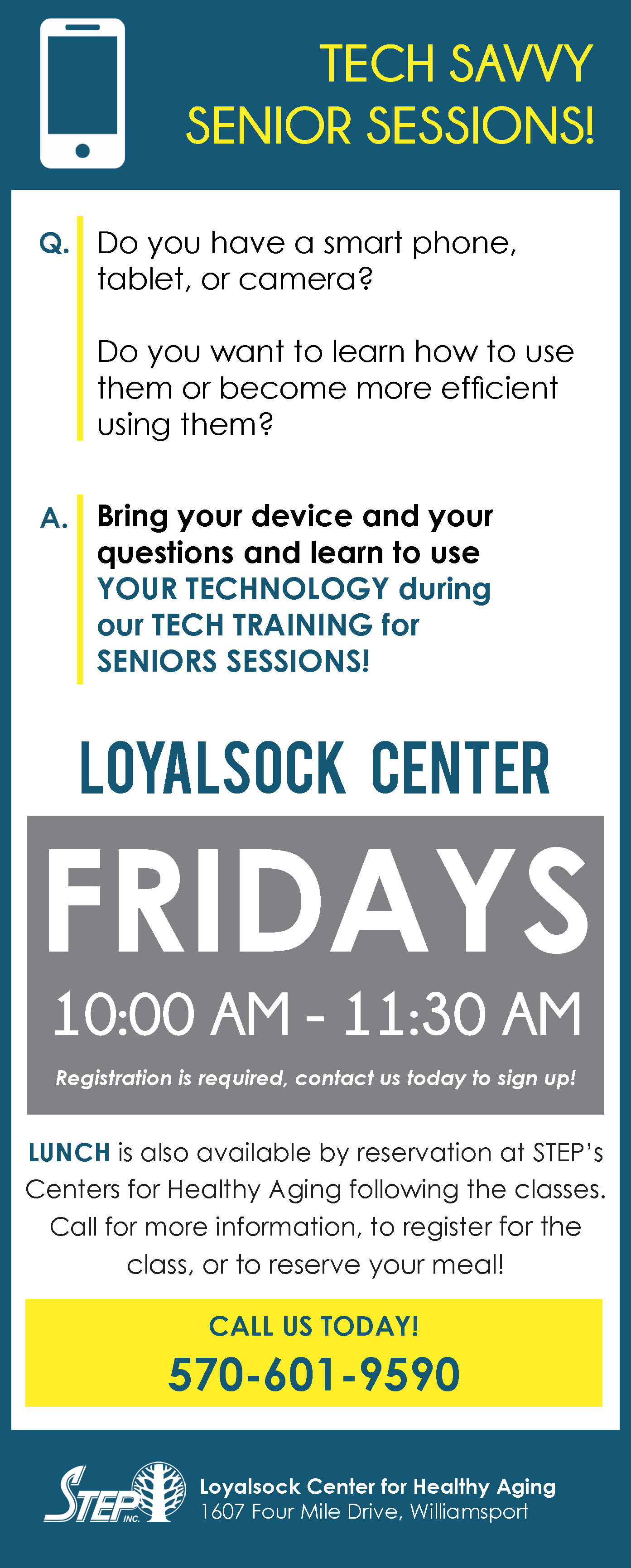More than 350,000 sudden cardiac arrests occur annually outside hospital settings. However, a hands-on emergency intervention like cardiopulmonary resuscitation (CPR), especially if performed immediately, can double or triple a cardiac arrest victim’s chance of survival.
According to the American Heart Association, 70% of cardiac arrests – electrical malfunctions in the heart that cause an irregular heartbeat (arrhythmia) and disrupt the flow of blood to the brain, lungs and other organs – occur at home, but often family and friends who witness a child, spouse, parent or friend going into cardiac arrest hesitate to perform potentially lifesaving CPR for fear of making the situation worse.
“By equipping people with Hands-Only CPR training, we are empowering them to spring into action if a loved one needs help, as the majority of cardiac arrests occur at home,” said Dr. Anezi Uzendu, M.D., interventional cardiologist and American Heart Association volunteer.
As part of its Hands-Only CPR campaign, nationally supported by the Elevance Health Foundation, the American Heart Association aims to increase awareness about the importance of bystander CPR and offers these two simple steps:
1. Call 911.
2. Push hard and fast in the center of the chest of the individual experiencing cardiac arrest.
Using the beat of a familiar song with 100-120 beats per minute, such as “Stayin’ Alive” by the Bee Gees, can help you stay on pace with the necessary compressions.
“Being able to efficiently perform Hands-Only CPR in the moment can mean the difference between life and death, and by following these two simple steps we can increase someone’s chance of survival from cardiac arrest,” said Shantanu Agrawal, M.D., board certified emergency medicine doctor and chief health officer at Elevance Health. “As a longstanding supporter of the American Heart Association, we remain focused on working together to improve health inequities in our communities by expanding access to training and increasing the number of people who learn and feel confident performing Hands-Only CPR to save lives.”
To find more information, watch a livestream video demonstration of Hands-Only CPR or download a first aid smartphone app, visit heart.org/CPR. (Family Features & American Heart Association. Photo courtesy of Getty Images)




